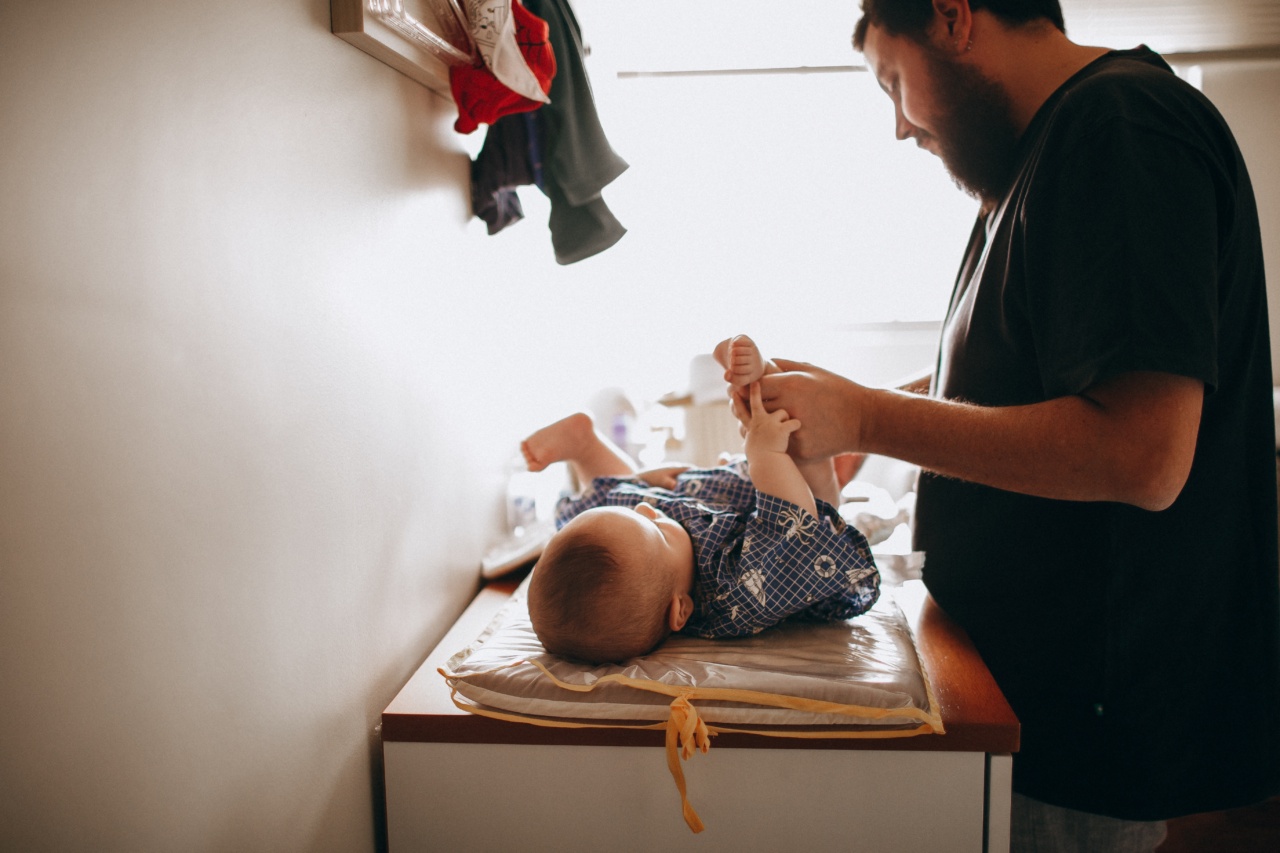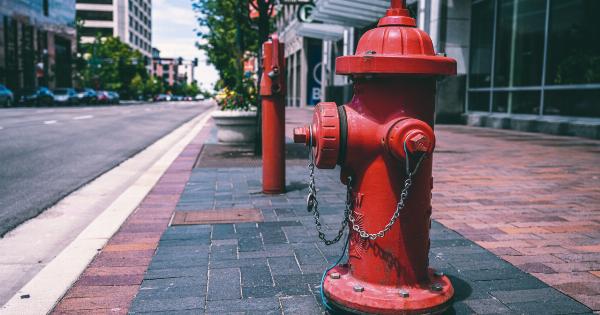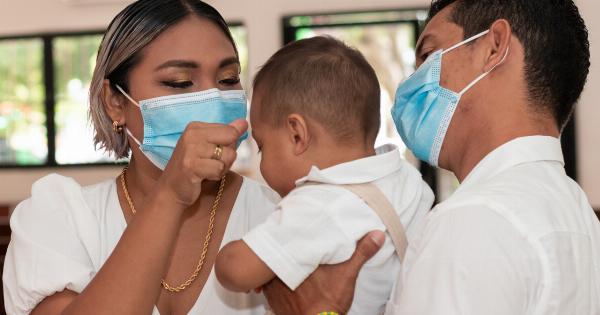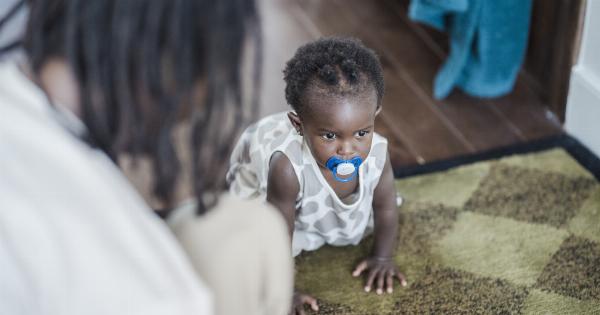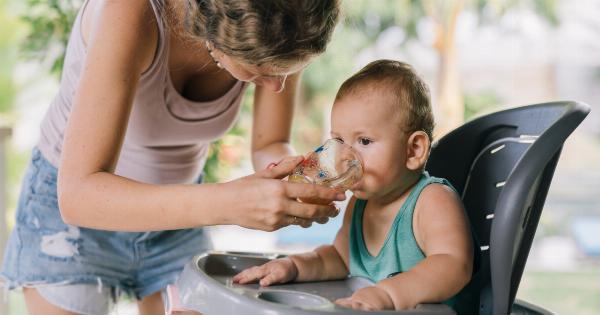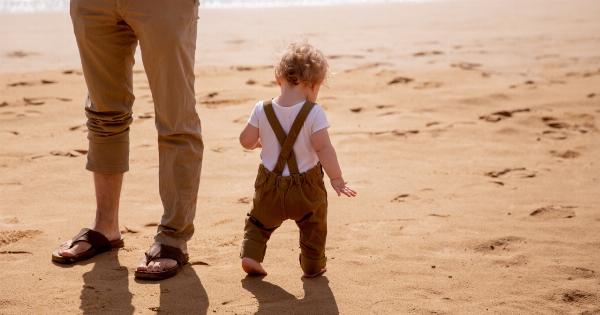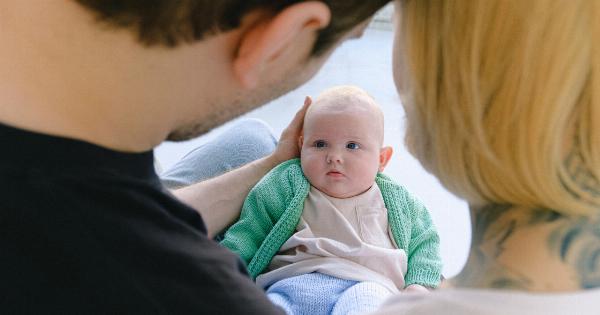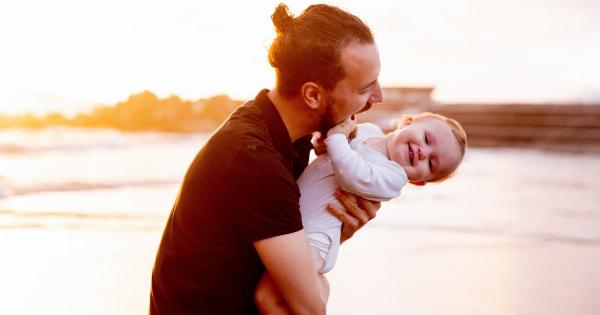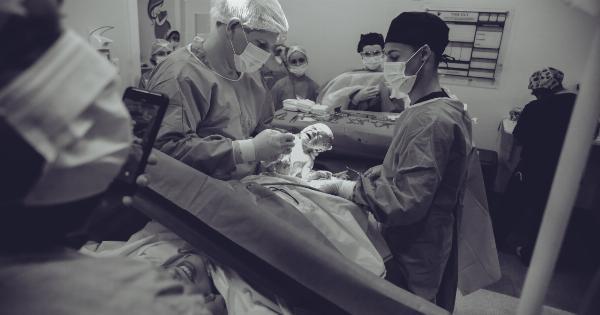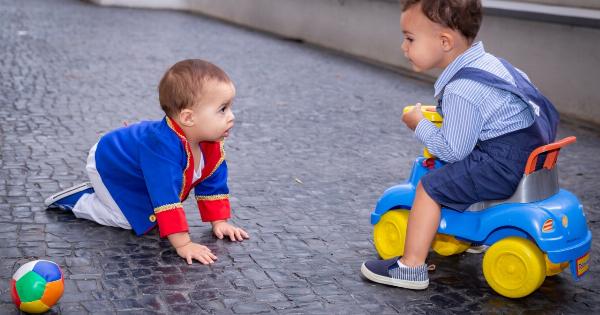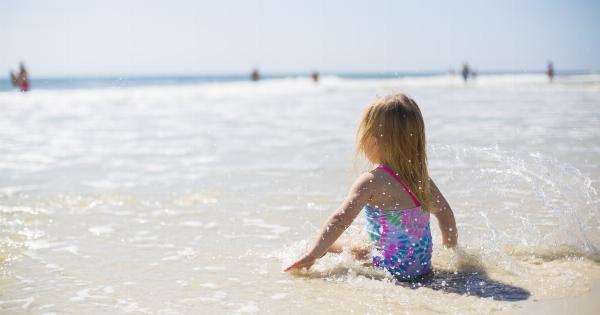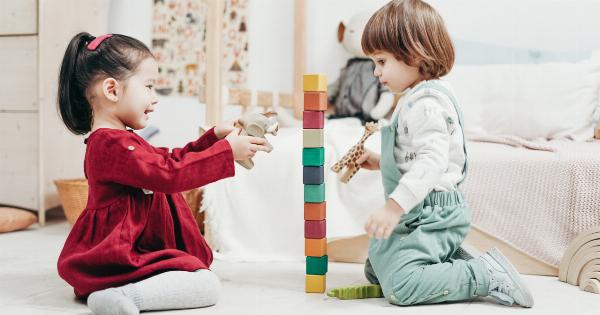The safety and well-being of your baby is a top priority for every parent. Every day brings both joys and challenges, but there is one day that stands out as particularly dangerous for babies.
Understanding the risks and taking the necessary precautions can help protect your little one on this dangerous day.
The Dangers of the First Day
The first day of a baby’s life is filled with excitement and new experiences. However, it is also a time when babies are most vulnerable to potential dangers. Here are some of the risks you should be aware of and how to protect your baby from them.
1. Infections
Newborns have weak immune systems, making them susceptible to infections. The first day is especially crucial as your baby is exposed to various germs in the hospital environment.
To protect your baby, insist on regular handwashing for everyone who handles your baby, including medical staff, visitors, and yourself. Keep the environment clean, and encourage others to avoid visiting if they are sick.
2. Falls
Accidental falls are a significant danger for babies, especially during the first day. While in the hospital, ensure that your baby is in a secure crib and that the bed rails are always up.
Do not leave your baby unattended on elevated surfaces, such as changing tables or hospital beds. When you take your baby home, make sure that the environment is safe by baby-proofing your home and using safety gates to prevent falls down stairs.
3. Suffocation
Suffocation is a leading cause of infant mortality. It is crucial to create a safe sleep environment for your baby. Ensure that the crib or bassinet meets safety standards and has a firm mattress with a fitted sheet.
Keep soft bedding items like pillows, blankets, and stuffed animals out of the crib. Babies should always sleep on their backs and away from any potential suffocation hazards.
4. Car Accidents
Motor vehicle accidents are a leading cause of injury and death for people of all ages, including infants. On the first day, it is important to ensure that your baby is safely secured in an appropriate car seat before leaving the hospital.
Follow all car seat safety guidelines, including proper installation and rear-facing positioning. Avoid unnecessary car trips during the early days and always drive cautiously.
5. Heat or Cold Exposure
Extreme temperatures can pose a significant risk to your baby. On the first day, ensure that your baby is dressed appropriately for the weather conditions. Keep your baby protected from direct sunlight and avoid exposing them to cold drafts.
Be mindful of the temperature inside your home and use appropriate clothing or blankets to keep your baby at a comfortable temperature.
6. Inadequate Support
During the first day, your baby is still adjusting to life outside the womb. Proper head and neck support are crucial during this time. Always support your baby’s head while carrying them and when laying them down.
Be gentle while cradling or cuddling your baby to avoid accidental injuries.
7. Chemical Exposure
Babies are particularly vulnerable to the harmful effects of chemicals on their delicate skin and respiratory systems.
On the first day, ensure that all items in contact with your baby, such as clothing, bedding, and baby care products, are made from safe and non-toxic materials. Avoid using strong cleaning agents or sprays around your baby and opt for natural or baby-friendly alternatives.
8. Pet Interactions
If you have pets at home, their interactions with your baby can pose a risk, especially if the pets are not used to being around infants. Supervise all interactions between your baby and pets, ensuring that your pets are calm and gentle.
Teach your pets boundaries and create a safe space for your baby where they can play and explore without being disturbed.
9. Handling by Others
On the first day, many well-wishing family members and friends may want to hold or interact with your baby. While it is a joyous occasion, be cautious and ensure that everyone who handles your baby does so with clean hands.
Educate them about the proper holding techniques, supporting the baby’s head and neck, and avoiding rough play or sudden movements.
10. Emotional Stress
Emotional stress can also affect your baby’s well-being on the first day. Babies are highly perceptive and sensitive to the emotions of those around them. Take care of your emotional well-being and create a calm and loving environment for your baby.
Limit visitors if you feel overwhelmed and seek support from your partner, family, or friends.
Conclusion
The first day of your baby’s life is a precious and critical time. By understanding the potential dangers and taking appropriate measures, you can create a safe and nurturing environment for your little one.
Remember to prioritize handwashing, create a safe sleep environment, ensure proper car seat usage, protect your baby from extreme temperatures, offer adequate support, choose non-toxic materials, supervise pet interactions, educate others on baby handling, and prioritize emotional well-being. Protecting your baby on the most dangerous day requires vigilance and care, but the rewards of keeping your baby safe are immeasurable.
